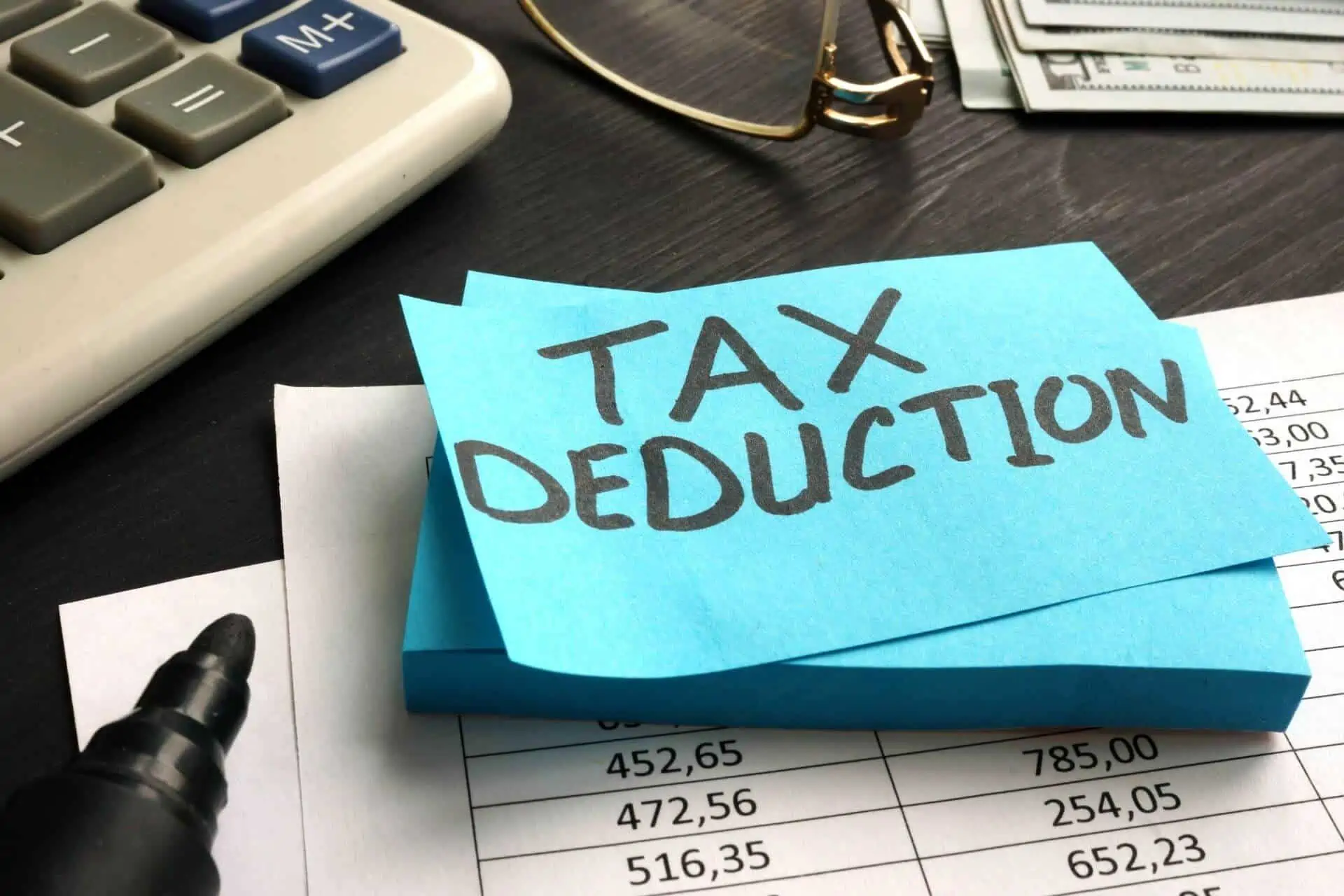Navigating Dutch Tax Deductions: A Simple Guide for Expats
Introduction: Simplifying Dutch Tax Deductions for Expats
As an expat living and working in the Netherlands, understanding the Dutch tax system can seem like a daunting task. However, with a little guidance, you can navigate the world of Dutch tax deductions with ease. In this simple guide, we’ll break down the key aspects of Dutch tax deductions, helping you make the most of your finances while staying compliant.
- Resident or Non-Resident: Know Your Status
The first step in understanding Dutch tax deductions is determining your tax residency status. Expats may fall into one of two categories: residents or non-residents. Dutch residents are subject to worldwide taxation, while non-residents are taxed only on Dutch-sourced income. This classification impacts which deductions are applicable to you.
- The 30% Ruling
One of the most well-known tax advantages for expats in the Netherlands is the 30% ruling. This ruling allows you to receive 30% of your gross salary tax-free if certain conditions are met. To benefit from this deduction, ensure you meet the eligibility criteria and apply for it when necessary.
- Deductions for Mortgage Interest
If you’ve purchased a home in the Netherlands, you may be eligible for deductions related to mortgage interest payments. These deductions can significantly reduce your taxable income, making homeownership more financially attractive.
- Childcare and Education Expenses
Expats with children in the Netherlands may benefit from deductions related to childcare and education expenses. Be sure to keep records of these expenses, as they can be offset against your taxable income.
- Deductions for Healthcare Costs
Healthcare in the Netherlands is mandatory, and certain healthcare costs are deductible. Expenses such as health insurance premiums and medical costs can be claimed as deductions to reduce your tax liability.
- Charitable Contributions
Contributions to recognized charities and cultural institutions in the Netherlands are tax-deductible. Keep records of your donations to benefit from this deduction.
- Stay Informed and Seek Assistance
The Dutch tax system can be complex, but staying informed and seeking assistance from tax professionals or advisors can simplify the process. They can help you understand your specific situation and ensure you maximize your eligible deductions.
Conclusion: Maximizing Tax Benefits as an Expat
Navigating Dutch tax deductions as an expat need not be overwhelming. By understanding your tax residency status, leveraging the 30% ruling, and exploring other deductions such as those related to home ownership, childcare, education, healthcare, and charitable contributions, you can make the most of your financial situation. Stay informed, keep accurate records, and consider seeking professional guidance to ensure you’re taking full advantage of the deductions available to you. Contact our team for more information.




